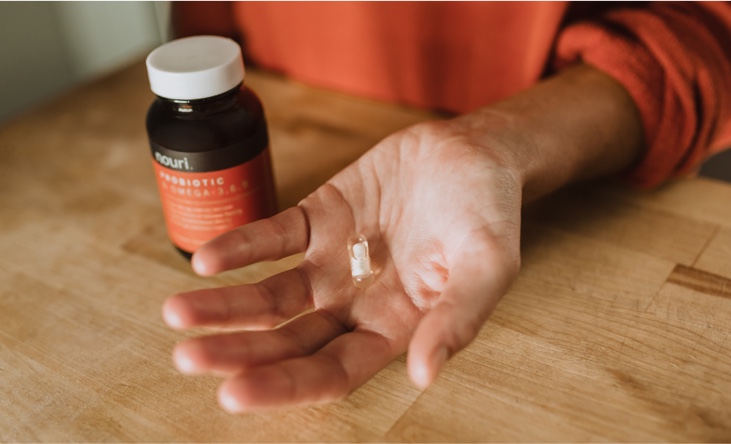Vitamins 101: Your Guide to a Healthier Lifestyle
POSTED IN Mint Presents

Mint Presents… is a new series of articles where we partner with pharmacy professionals to discuss new trends, break down common misconceptions and gain perspective on medicine and healthcare.
Just which vitamins do you need on a day-to-day basis? How much? Are there certain vitamins you don’t need—and are any of them unsafe?
Our bodies are complex constructs composed of thousands of different muscles, tendons, blood vessels, organs, and other features. To keep our body healthy and operating at peak performance, we must ingest food and water, and maintain a balanced diet. We must give it the nutrients and minerals it requires to perform vital tasks and to keep our organs working.
One of the most important groups of micronutrients we must ingest are vitamins. Vitamins are organic compounds and essential molecules that our body cannot make naturally, and therefore must ingest through nutritious foods or artificial supplements. It’s highly recommended to obtain vitamins naturally by maintaining a balanced diet and below, we’ll explain the benefits of doing so.
Why Are Vitamins Essential for Our Health and Well-Being?
As we previously mentioned, our bodies require vitamins and we cannot make them
naturally through our bodily processes. Each type of vitamin provides a different benefit
to these processes. Vitamins provide ample support to our body and help it perform
some basic functions; providing numerous benefits to our bodily processes. Some of the
main benefits they provide are listed below:
- Helps prevent diseases and infection
- Help reduce cholesterol and excess fat
- Helps reduce the risk of heart problems
- Improves bodily mechanisms and functions
- Boost metabolism and blood circulation
- Boost nervous systems
- Strengthen bones, muscles and joints
- Treats insomnia
- Reduces sweating
Without a healthy and balanced dose of vitamins, our bodies would become deficient in
them which can cause a number of problems.

Which Vitamins Are Beneficial and How Can You Get Them?
You can get vitamins either via supplements or by eating foods rich in vitamins. By embracing a balanced diet, you should be able to ingest a strong variety of vitamins naturally. To ensure that you’re eating sufficient amounts of each type of vitamin, you can find a breakdown below of some of the common foods types associated with each vitamin group.
- Vitamin A – liver, carrot, broccoli, cod liver oil, milk, eggs, fish
- B Vitamins – fish, eggs, spinach, lentils, bananas, sunflower seeds, mushrooms
- Vitamin C – peppers, cabbage, kale, oranges, guava, mango, papaya, strawberries
- Vitamin D – fish, cheese, egg, mushrooms and naturally through sunlight
- Vitamin E – almonds, spinach, avocado, peanuts, sunflower seeds, wheat germ oil
- Vitamin K – kale, spinach, broccoli, cabbage, cauliflower and other greens
More information can be found at https://medalerthelp.org/the world-of-vitamins-infographic, which provides plenty of information on vitamins including the deficiency signs of each vitamin.
If you found this article enjoyable, and are interested in more great health content like our Mint Presents… series, subscribe to receive email updates from our Health Resources library. If you have any questions or concerns about pregnancy and new mom health, feel free to reach out to your local Mint Health+Drugs or reach out through Instagram or Facebook!
